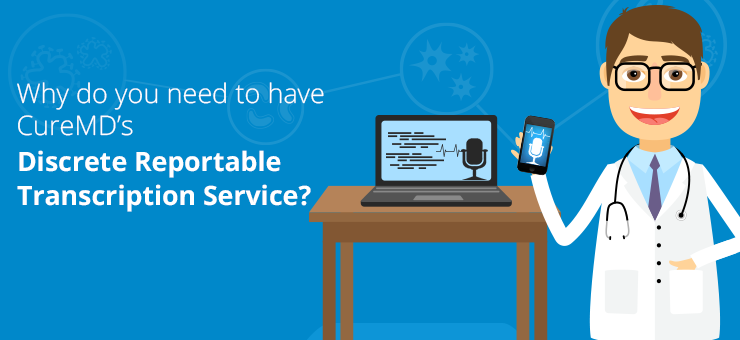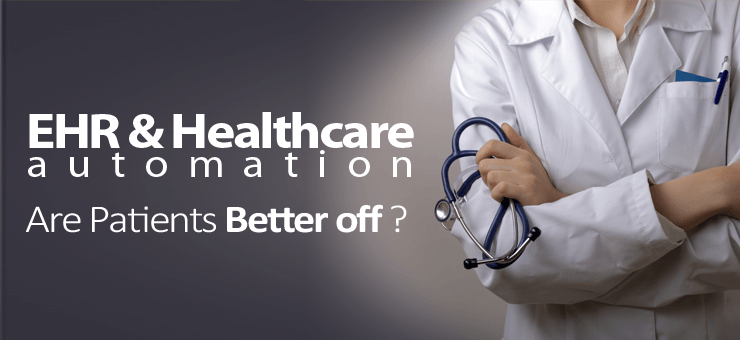As the transition to value-based care continues and healthcare providers experience an increase in claims denials, many are looking for new solutions for handling value-based care and fee-for-service claims. According to a recent HIMSS Analytics survey, roughly one-third of health care providers are still using a manual process to manage claim denials. “Given the complexities around Read more…
EHR
The deadline for ICD-10 and MU is just around the corner. What are you going to do?
The clock is ticking and the implementation deadline for ICD-10 and Meaningful Use Stage 2 for medical practitioners across the country is not very far away. In fact, there’s just over 12 months remaining for practices to put these in place and the need of the hour for them is to expedite the process of Read more…
Why do you need to have CureMD’s Discrete Reportable Transcription service?
The Background When the HITECH Act became law in 2009, it aimed to stimulate the adoption of Electronic Health Records (EHRs) across the health care industry; the clinical data gathered from these systems would aid in disease prevention in the coming years. By 2013, above 80% of all office-based physicians had adopted some variant of Read more…
Losing a patient
Who heals the healers? When I was ten, my grandfather suffered his third and final heart-attack in as many decades. The attending physician performed a coronary artery bypass, and an angioplasty, but neither was enough. Two days later, he advised us to pull the plug. Several hours later, the ventilator was switched off and Grandpa Read more…
EHR Breakups: A heartbreak for Practices
With the new Meaningful Use 2 (MU2) requirements catching many EHR vendors unawares, it may be time to look for an EHR vendor who is always ahead of the curve. According to a report by the Centers for Medicare and Medicaid Services (CMS), as of November 2014 only 2% of eligible professionals had attested to Read more…
EHR & Healthcare automation: Are patients better off?
Information Technology has completely revolutionized the way healthcare is being managed by providers nationwide. From a point where EMRs were just used to record patient vitals, the technology has expanded to include cross-platform information sharing, meaningful use of patient data, patient portals, electronic prescribing, electronic labs and many others. Where rising healthcare costs have been Read more…
The valuable asset you already have: Your EHR data
A recent survey by Accenture reveals that the adoption of Electronic Health Record (EHR) software and Health Information System (HIE) is rising in the United States. Despite the fact that most doctors agree that implementing an EHR system does not reduce their operational costs, they are embracing the technology because it helps them make better Read more…
The opportunity cost of a cheap EHR
The biggest selling points of many Electronic Health Record (EHR) software vendors, are improved patient experiences, increase in revenues, efficient workflows and the like. But investing in an EHR software, even if it is not an expensive one, can sometimes be quite taxing on small and medium sized practices with a small number of providers. So Read more…
Successfully Transition to a New EHR
Replacing an Electronic Health Record (EHR) software is a complex and time consuming process. One needs to manage the entire process starting with determining the exact requirements of your practice, to making sure that the new system does not give you more headaches. Change is never easy and most of the time, employees are apprehensive Read more…
Patient-Centric EHR Data: 4 Essential Characteristics
Over the last decade or so, Government investment in the healthcare sector has enabled more doctors and hospitals to shift to Electronic Health Records (EHRs) software, but it still remains a tough challenge. Many clinicians do not have access to usable data for a specific patient. Interoperability, the true objective of an EHR, can only Read more…






